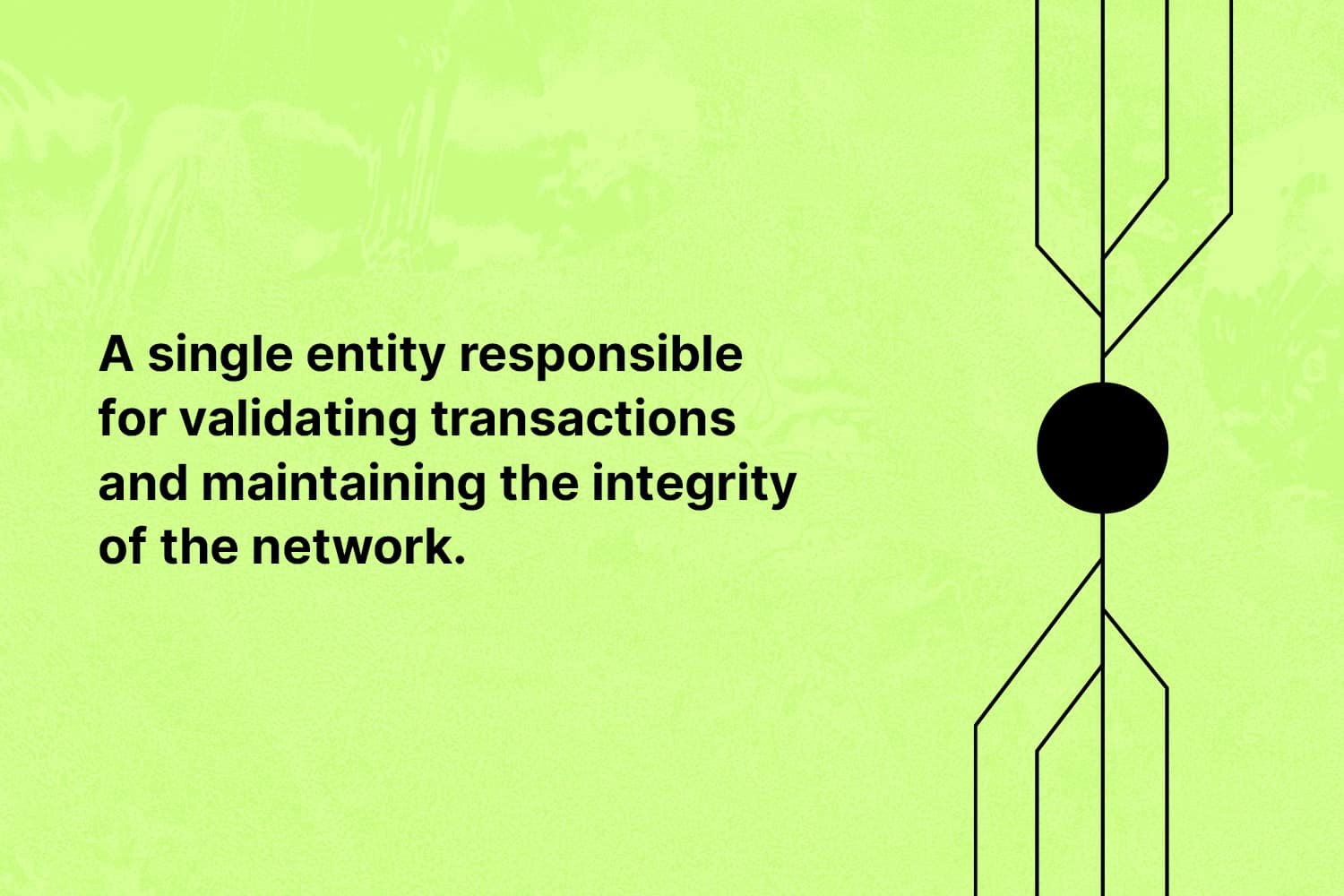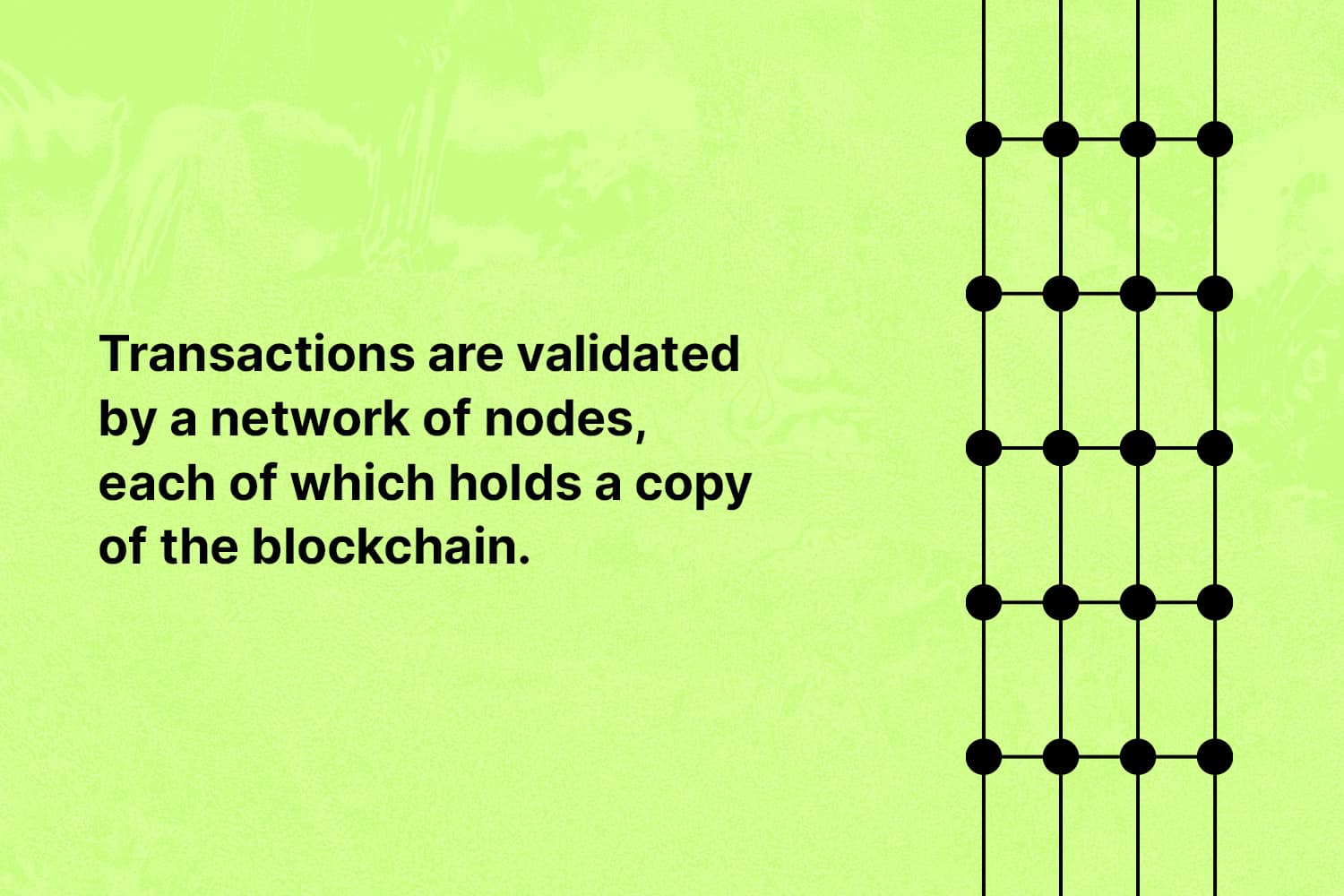Blockchain networks use validation processes to secure transactions and prevent fraud. Validation can be performed either by a centralized authority or by a decentralized network of nodes. Both centralized and decentralized validation have their benefits and limitations, and understanding these can help you make an informed decision about which approach is best for your needs.
Centralized Validation

In a centralized validation system, a single entity is responsible for validating transactions and maintaining the integrity of the network. This entity is typically a central authority, such as a bank or government. Centralized validation is fast and efficient, as all transactions are processed by a single entity. It is also more secure, as the central authority can employ advanced security measures to protect the network from attack.
However, centralized validation also has its limitations. One of the biggest limitations is the concentration of power in a single entity, which can be prone to corruption and abuse. Centralized validation is also vulnerable to single points of failure, such as cyber attacks or technical problems, which can disrupt the entire network.
Decentralized Validation

In a decentralized validation system, transactions are validated by a network of nodes, each of which holds a copy of the blockchain. Decentralized validation is more secure, as there is no central authority to be targeted by attackers. Decentralization also provides a more democratic and transparent system, as all nodes have an equal say in the validation process.
However, decentralized validation is slower and less efficient than centralized validation, as transactions must be validated by multiple nodes. Decentralized validation also requires more computational power, as each node must perform its own validation, adding to the overall cost of maintaining the network.
Centralized vs Decentralized
The choice between centralized and decentralized validation will largely depend on the needs and goals of the individual or organization. Centralized validation is best for those who value speed and efficiency and are willing to sacrifice some security for the sake of convenience. Decentralized validation is best for those who value security and transparency and are willing to accept slower processing times and higher costs in exchange.
Conclusion
In conclusion, both centralized and decentralized validation have their benefits and limitations, and it’s important to understand these when deciding which approach to use. By weighing the pros and cons of each approach, you can make an informed decision and choose the validation method that best meets your needs.

